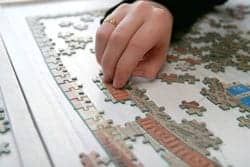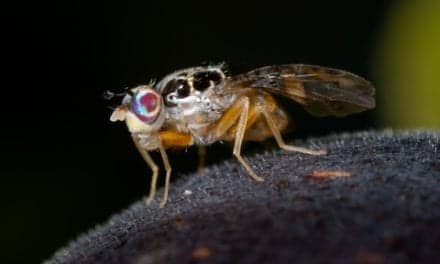
The research paper, “Environmental enrichment may protect against hippocampal atrophy in the chronic stages of traumatic brain injury” appears in the open-access journal Frontiers in Human Neuroscience.
A news release from the University Health Network (UHN) reports that Robin Green, PhD, CPsych, senior scientist, clinical neuropsychologist, Toronto Rehab, UHN and Canada Research Chair in Traumatic Brain Injury, served as the study’s principal investigator. The release notes that Green and her colleague’s used magnetic resonance imaging (MRI) to observe ongoing damage or atrophy in the brains of patients with moderate-severe TBI.
During the study, the researchers reportedly found that all 30 patients with moderate-severe TBI exhibited a positive reaction to environmental enrichments. The researchers say patients who reported greater amounts of environmental enrichment; including reading, problem-solving exercises, puzzles, physical activity, socializing, at 5 months post-injury exhibited less shrinkage of the hippocampus from 5 to 28 months post-injury.
Green notes that the researchers’ focus now rests on, “how to incorporate environmental enrichment into long-term rehabilitation. We are exploring the key ingredients to environmental enrichment for off-setting atrophy, and also the benefits of combining environmental enrichment with other therapies,” Green says.
Green acknowledges that while the brains are showing negative changes, many patients are still exhibiting recovery of their functioning despite these changes. “If we are able to offset the negative brain changes through the treatments we are developing, we may be able to very significantly improve patients’ recovery and their ability to age well with brain injury,” Green adds.
Source: UHN





